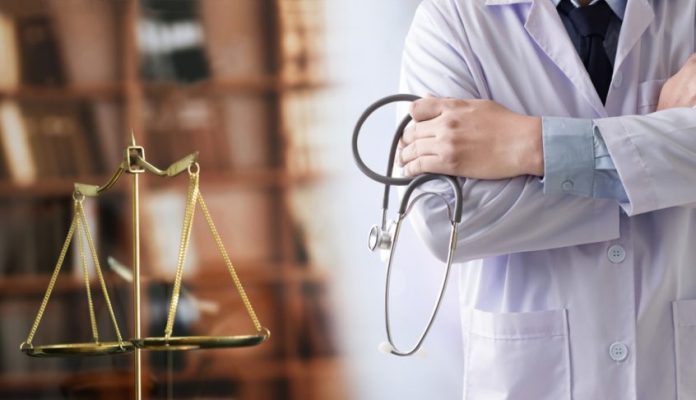As the UK population ages and more people become reliant on the services of their GP, it is important to be aware of the risks associated with negligent practices. In this article, we will take a look at some of the most common GP negligence cases in the UK, and see how you can protect yourself if you find yourself a victim.
What is GP Negligence?
GP negligence is a term used to describe when a doctor fails to meet the required standard of care. This can result in serious injury or even death. In some cases, GP negligence may be considered a legal responsibility.
There are several factors that can lead to GP negligence. First, doctors may not have all the information they need to provide proper care. Second, they may not take the time needed to properly assess a patient’s situation. Finally, they may not properly document their findings or treatments.
If you have been injured as a result of GP negligence, you may be able to file a lawsuit against your doctor. However, filing a lawsuit can be difficult and expensive, so it is important to know what rights you have and what steps you should take if you are injured by a doctor.
The Role of GPs in UK Health Care
The role of GPs in UK health care is often seen as one of the most important and crucial positions within the system. However, recent cases of GP negligence have shown that this isn’t always the case.
GPs are responsible for providing medical advice and treatment to their patients, and are required to adhere to professional guidelines when providing care. However, there have been a number of cases where GPs have failed to meet this standard – resulting in serious injury or even death.
One such case occurred in 2012, when a 74-year-old woman died after being left untreated by her GP. The woman had visited her GP twice complaining of chest pain, but was told that she was just experiencing a cold – neither visit resulted in any action being taken. It was only after she started vomiting blood that the GP made an appointment with a specialist – by which time it was too late.
In another case from earlier this year, a man died after suffering a stroke caused by an unprovoked attack from his GP. The GP had attempted to treat the man himself using basic first aid techniques, but wasn’t able to save him – leading to his death later that day.
These cases highlight the importance of properly vetting and monitoring GPs – so that they are able to provide high-quality care without causing any harm or injury to their patients.
GP Negligence Cases in the UK
In the UK, it is not only patients who can be adversely affected by GP negligence. GPs themselves can also suffer financial and personal consequences when they act negligently. This has resulted in a number of GP negligence cases that have come to light in the UK over the past few years. Here, we explore some of these cases and their implications.
A typical case involves a GP who acts negligently while treating a patient with diabetes. In this case, the GP failed to monitor the patient’s blood sugar levels properly, which resulted in the patient’s condition deteriorating rapidly. The patient ended up requiring surgery as a result of their diabetes and was left with significant financial losses.
Another example of GP negligence involves a doctor who conducts unnecessary tests on a patient without proper justification. In this case, the doctor performed unnecessary tests on a patient who later suffered serious health complications as a result. The doctor was eventually found guilty of professional misconduct and was forced to resign from his position.
In both of these cases, the GP negligence caused significant financial harm to the individuals involved. This raises the question: what are the potential consequences for an individual who suffers from GP negligence?
The answer varies depending on the specific circumstances involved in each case. In most cases, however, an individual suffering from GP negligence can expect to experience significant financial losses as well as emotional distress. They may also require legal assistance to pursue any available remedies.
How to File a GP Negligence Claim in the UK
If you have been injured as a result of the negligence of your GP, there is likely to be financial compensation available.
To file a GP Negligence claim in the UK, you will need the following:
A copy of your medical records documenting the injury.
A letter from your doctor documenting the injury.
Proof of payment for any medical bills related to the injury.
An original copy of your insurance policy(s) that covers negligence claims.
In some cases, a letter from an expert witness may also be required.
If you are unable to obtain all of the required documentation, you can still proceed with filing a claim if there is sufficient evidence to support it. However, if you cannot provide all of the required documentation and your GP denies any wrongdoing, they may be able to successfully defend against your claim.
Conclusion
As UK residents, we are all entitled to the same level of GP care. Unfortunately, many patients find that this is not always the case. Patients often experience negligence from their GPs, including delays in appointments and incorrect advice. This can lead to unnecessary health problems and even lost time at work or school. If you have experienced GP negligence in the past, it is important to speak up and get the help that you need. Our legal team at The Law Offices of Wills & Emery can help you take action against your doctor for wrongdoing. Contact us today for a free consultation so that we can start working on your case!



